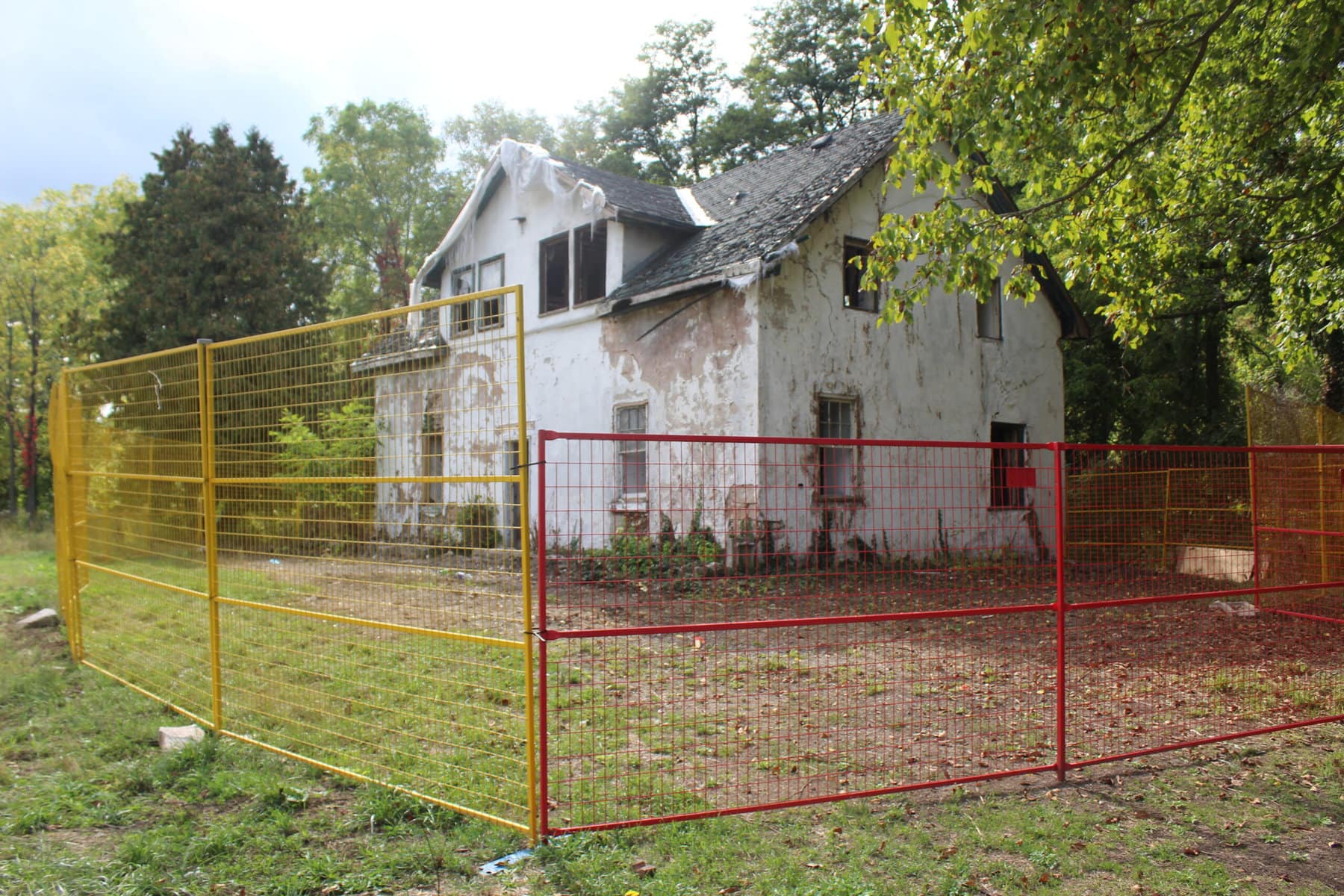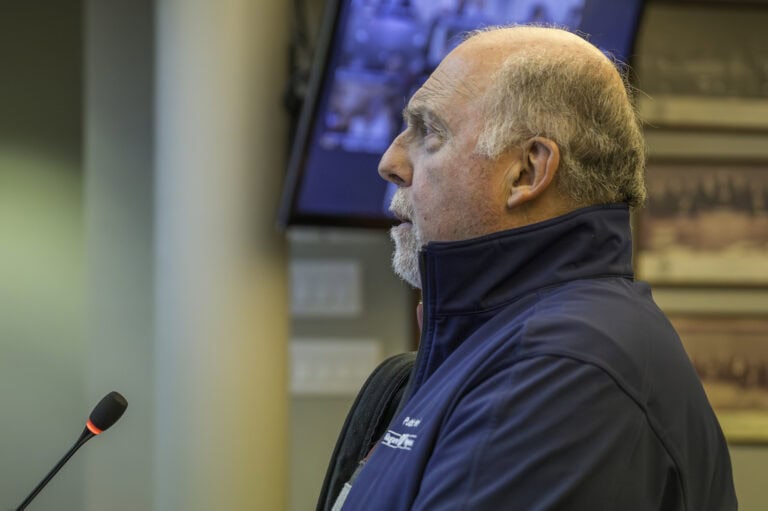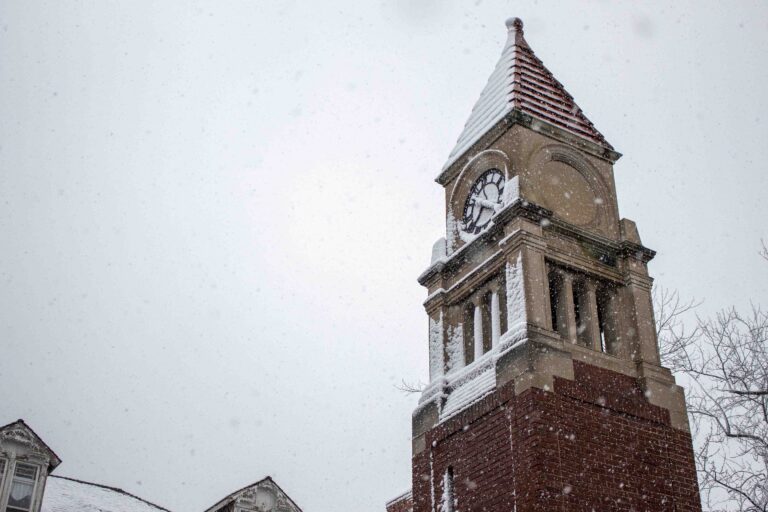To begin, I must declare a mea culpa for suggesting that you, a citizen of Niagara-on-the-Lake, “have the right to delegate (speak to) any item included on the open agendas of town council and all of its committees” in last week’s column.
Apparently there is a formal process on the town’s website to file a request for a delegation to be presented in council and committee of the whole meetings which, provided you meet their long list of criteria, may be granted.
So, it is not a “right” in the truest sense of the word, but rather a qualified opportunity that may be granted at the discretion of town staff in accordance with that criteria.
And sadly, unlike many towns and cities across this province, there is no simple process on the town’s website to request a delegation before the municipal heritage committee.
This week, I attempted to request a delegation on an agenda item in the Oct. 1 meeting of the municipal heritage committee and was informed, according to the terms of reference for this committee, that “delegations will be generally limited to” applicants for heritage permits or seeking comments on a future heritage permit application and those seeking to designate their property.
Now, it’s not impossible to delegate in a meeting of the municipal heritage committee, but bizarrely, it is more challenging than being granted the opportunity to address our elected officials in official sessions.
If you wish to delegate to the heritage committee, first contact the “staff liaison” — Sumra Zia, the town’s heritage planner — with your request. The staff liaison will inform the committee of your request and the members can move a motion to add you as a delegate. Your request will require the endorsement of two committee members to move and second the motion and a two-thirds majority vote of the committee to add your delegation to the agenda.
While there is some chance that your delegation may fail to be added, I believe that for rational, educated and well considered submissions, that risk is small. Based on my experience serving with this committee, I’d suggest they would be open to and actually welcome the input of town residents as a part of their deliberations.
That said, I find it absolutely inexplicable why a town that’s built heritage component is widely celebrated by both visitors and residents alike would seek to limit the information provided to its advisory committee as part of their deliberations. But, such is the case.
Interestingly, making delegation to the town’s quasi-judicial committee of adjustment — whose decisions are fundamentally important in preserving the character and shaping the development of our streetscapes — is the simplest and most straightforward process while simultaneously being one of the most under accessed opportunities to express the resident voice.
But, let’s move on to a topic which, as long term readers of this column will know, is near and dear to my heart — saving and restoring the incredibly important historic c. 1799 David Secord House on Paxton Lane in St. Davids.
Since 2018, I have consistently appealed for this building — as an irreplaceable historical statement attesting to the settlement, founding and growth of Niagara and Upper Canada which, in turn, led to the formation of our country — to be preserved for posterity.
And recently, Hummel Properties has committed to doing so.
Notwithstanding a few past differences, I wish to congratulate the principal of this company for undertaking this project. Properly executed, the restoration of this vital and unique piece of heritage will stand as a lasting legacy bequeathed to all Canadians.
Thank you, on behalf of our children and our children’s children.
And, while I wish we could finish this week on such a high note, the press of events denies us that opportunity.
After approximately 48 hours under a stop-work order (ignored by the developer for much of this time), work on the Two Sisters Resorts’ Parliament Oak site continues under a last minute issuance a “site preparation plan permit” by town staff — this despite no site plan approval or issuance of a building permit.
I opine that town staff is skating on very thin ice in issuing this permit. Typically, according to normal and accepted practice in this province, site plan approval is required prior to any such permit being issued.
Moreover, why has Two Sisters Resorts not been charged the full $500,000 fine for proceeding work without permits as specified under Section 36 of the Ontario Building Act?
It would go a long way to offsetting taxpayers out-of-pocket expense for the recent legal settlements of $1 million and $225,000 respectively.
Finally, down at 187 Queen St. it appears, based on site work and recent paint marks on the curb, that the town may be proceeding with a curb-cut to allow a driveway off Queen Street.
Not only is this action something that the municipal heritage committee historically indicated that they were not in favour of, but also such an alteration in the heritage characteristics of a Part IV designated property should require a heritage permit and no such application has come before the municiapl heritage committee to date.
Rolling over to avoid issues seems to be the flavour of the day …
Brian Marshall is a NOTL realtor, author and expert consultant on architectural design, restoration and heritage.











